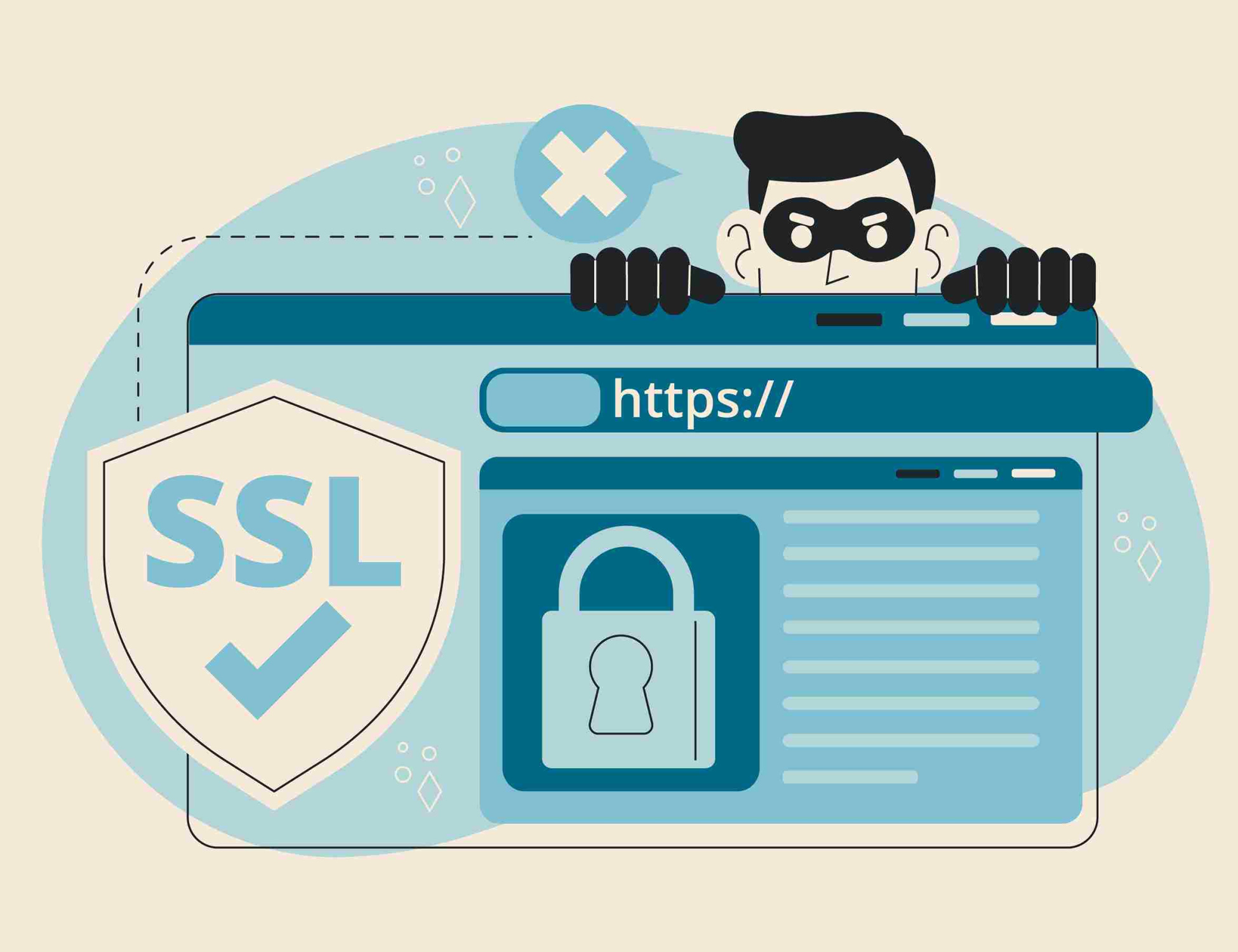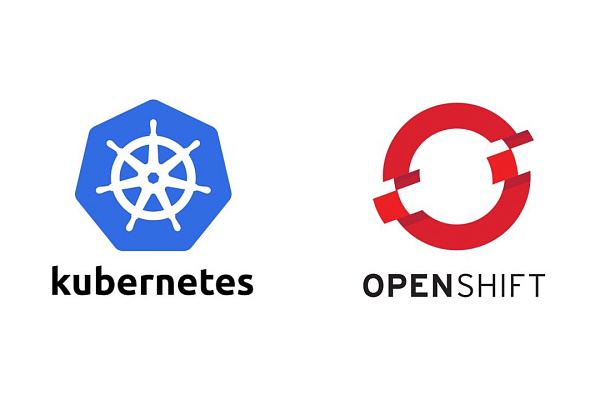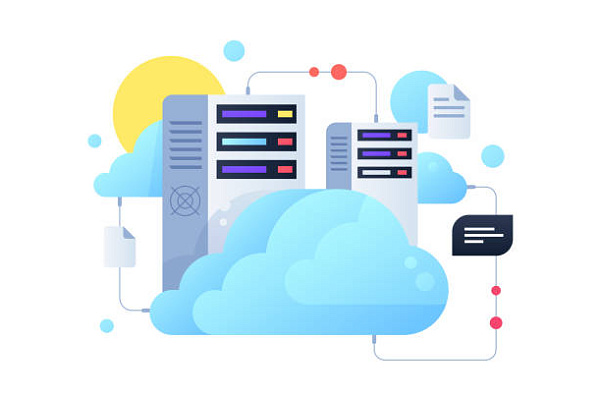Modern companies face the necessity to protect data and ensure anonymity online. VPN and proxies are designed to enhance security, confidentiality, and bypass internet restrictions. Because of this, users do not always see the difference. Nevertheless, their operating principles differ, meaning they should be used in different scenarios. In this article, we explore the differences between VPNs and proxies and discuss the best choice for various scenarios.
Understanding proxy servers
A proxy server acts as an intermediary between the user's device and the internet. In a typical network access setup, there is just the service provider, but with a proxy, an additional middleman is introduced.
The main function of a proxy is to conceal the IP address each time the user attempts to access a webpage. Essentially, this means the user's presence is not logged on the internet since they appear under a different identity. Thus, proxies provide anonymity. However, the security of the data the user sends over the network remains low because the connection is not encrypted.
Depending on the type of protocol and the level of anonymity, there are several types of proxy servers available.
HTTP – the user accesses the web server using HTTP, network protocol that exchanges data in plain text, without encryption. While anonymity is provided, access control and data flow management are also available, the risk of data interception is still high.
HTTPS – a secure hypertext transfer protocol that uses encryption over SSL or TLS. It has become popular for authenticating when accessing websites, protecting passwords and bankcard details. The certification system integrates with web browsers. Authentication is performed by the server in simple mode or by the user in mutual mode. However, SSL/TLS does not prevent a website from being indexed by a web crawler, and an attacker can intercept plaintext and ciphertext to carry out a cryptographic attack.
SOCKS proxies allow you to transfer network packets between your device and the internet in a way that is transparent to the user. They can be used to bypass restrictions, access online games and streaming services, and perform corporate tasks. There are two main types of SOCKS proxies: SOCKS4 and SOCKS5. SOCKS5 has more advanced features, such as SSL/TLS encryption and accelerated data transfer. It also supports authentication, which makes it more secure.
Proxy servers are also categorized by their availability:
-
Public – free, designed for a broad audience. These servers tend to be slower and less secure, making them suitable for temporary use or when there are no specific requirements.
-
Private – solutions designed for a limited number of individuals or organizations. For example, a proxy server that is intended for use by a single company. Private proxies are generally more reliable and faster than public ones.
Understanding VPN technology

A VPN (or virtual private network) is a technology that hides an IP address and encrypts all internet traffic. Unlike a proxy server, a VPN provides a secure connection between the internet and a user's device. This connection encrypts the user's data, making it unreadable to anyone other than the intended recipient.
When a VPN is activated, all online activities such as visiting websites, transferring files, and sending messages are converted into unreadable codes. The user's IP address is also substituted, and their location is masked, making it difficult for intruders to track them. Even in public Wi-Fi hotspots, where internet access is shared, a VPN protects users from attacks that could intercept passwords and sensitive information such as bank details.
VPNs can be classified based on their connection type and purpose.
Personal VPNs with remote access are used for connecting to the corporate network, and they work thanks to installed extensions in operating systems. These are also known as Remote Access VPNs (RA VPN) and are convenient for employees who need to work remotely. Individuals can also use these VPNs to access their home networks while traveling or to bypass regional restrictions.
Mobile VPNs, on the other hand, are designed for use on tablets and smartphones, especially in public Wi-Fi networks. They can stay active and reconnect automatically when the network changes, providing permanent protection.
Finally, cloud VPNs offer secure access to virtual infrastructure, and can be provided by cloud service providers. For instance, Cloud4Y offers ViPNet as a service with flexible payment plans and unlimited user capacity.
Inter-network VPNs, also known as site-to-site VPNs, combine remote networks into a secure infrastructure, allowing communication between offices located in different cities or countries. This type of VPN is suitable for creating large networks and hybrid infrastructures.
When choosing a VPN, it is important to consider the specific needs of your organization. If you require personal anonymity, personal or mobile VPNs may be more suitable.However, businesses often require a combination of site-to-site and cloud VPN solutions to meet their needs.
VPN and proxy – key differences
The main difference between VPNs and proxies lies in their principles of operation. Each service has its own level of security, anonymity, impact on the operating system, and speed, which determine their fields of application.
VPNs provide full encryption of traffic, while proxies do not encrypt traffic except for HTTPS proxies. VPNs protect the user's data from public Wi-Fi threats, while proxies leave data vulnerable to interception by the provider. VPNs hide the user's browsing history from the provider, while proxies allow the provider to see all traffic.
Another difference is anonymity. VPNs replace the entire digital footprint, including IP address, location, and DNS queries, while proxies only change the IP address for a specific site or application.
The degree of impact on the operating system: if the proxy affects only some programs (for example, a browser with a certificate installed), then the VPN will protect all applications on the device.
Speed: a proxy is faster than a VPN because it does not require encryption.
In other words, a proxy can be compared to a translator: it accurately conveys words to a foreign speaker (it does not hide the meaning), while a VPN is like an armored vehicle - even if someone sees it, they will not be able to see what's inside.
Conclusion: What to choose
If high speed and the ability to bypass locks are important to you, feel free to use a proxy. However, keep in mind that this may compromise your security and anonymity. In more complex situations, such as when making a bank transfer in a public place, a VPN is recommended. This will help protect your payment information.
VPNs are powerful tools that prevent data leaks and ensure security. Proxies, on the other hand, are simpler solutions that may not be suitable for all situations.



